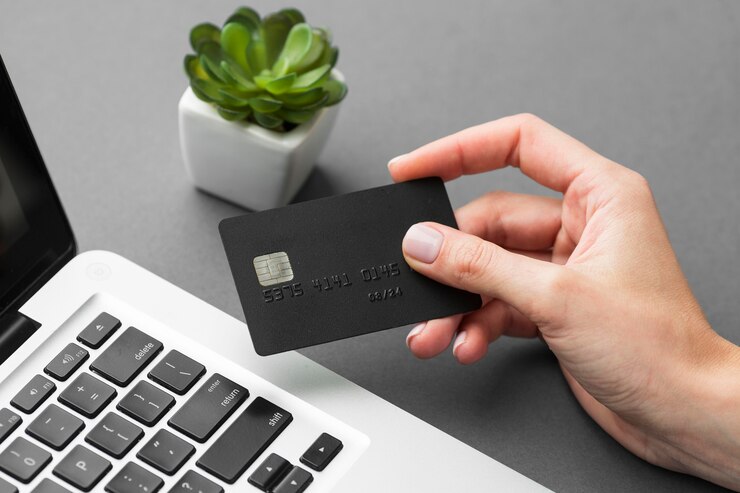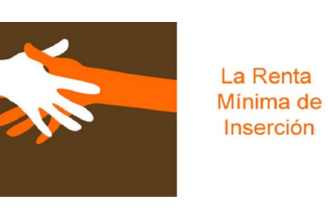Tips to prevent credit card fraud and maximize rewards
Discover effective measures to prevent credit card fraud!

It is equally important to be aware of the various types of scams in order to recognize them and react promptly. This will help you avoid becoming a victim and protect your assets. Don’t forget the most common approaches to credit card fraud techniques. Stay with us to learn more and we will guide you on how to do it.
Don’t open multiple cards just for the welcome bonuses
Many credit cards offer attractive welcome bonuses when opening a new account, leading some people to apply for multiple cards just to take advantage of these benefits.
Due to manipulation and fraud in the issuance of these bonds, the concept of “credit card churning” emerges.
It is possible that at some point in using the credit card, the rewards may not translate into purchases, even if you use them.
Emitters almost always decide to reduce benefits for cash advances, close your account, or deny new requests.
Moreover, you may forfeit a bonus reward if you cancel a card within the first year of registration.
Buying gift cards to earn rewards
Buying gift cards can be a tricky area. Depending on your issuer and where you purchase them, the transaction may be classified as a regular purchase.
For instance, if you purchase a $25 gift card at a supermarket that provides bonus points, you could earn those points.
However, if you do it frequently to increase your rewards, the issuer may consider it manipulation, which could lead to the loss of your points or even the closure of your account.
In addition, when using gift cards, you lose the purchase protections that many credit cards offer.
Buying prepaid cards
Buying prepaid gift cards might seem like an easy way to earn rewards, especially if you plan to use them to pay your credit card bill.
However, these transactions are often treated as cash advances, which can incur fees and interest that negate any expected benefits.
Transfers using payment applications
Applications such as Venmo, PayPal, and CashApp allow users to link a credit card for payments.
While it may seem like an easy way to accumulate rewards, in practice, it is not always advantageous.
Typically, these services charge a fee of around 3% for each credit card transaction, which may exceed the rewards you would earn.
Moreover, your bank may categorize these transactions as cash advances, which means you will not earn rewards and may incur additional fees and immediate interest.
The 15/3 Strategy
A common tactic to improve your credit score is the 15/3 strategy, which advises paying your credit card bill twice a month.
The plan is to pay half of the balance 15 days before the due date and the remaining amount three days before.
Many individuals believe that this leads to more on-time payments, which improves their credit score. However, this is a mistake.
Credit card issuers typically only report one payment per month, so you may not see the expected increase in your score.
While this method can help reduce your credit utilization, you can achieve similar results with just one monthly payment.
What are the consequences?
Impact on your credit score
If you choose to apply for a loan, lenders will assess your credit score.
This score is based on how much money you have borrowed, how many credit inquiries you have made, and if you make payments on time.
Having numerous credit inquiries (such as applying for multiple credit cards) in a short period or not paying on time can harm your score.
Excessive Spending
To earn those appealing frequent traveler points, credit cards usually require you to meet a minimum spending threshold, which is typically around $2000 to $3000 in the first few months.
Therefore, it is advisable to start slowly and avoid opening too many cards at once; opening just two could mean that you need to spend $6000 in a few months to receive rewards.
Debt Risk
Just like with any financial product, it’s crucial to understand the terms and conditions of a credit card before applying for it.
It’s always important to keep track of your card details and know when payments are due and if there’s an annual fee.
If you found this information helpful, we recommend reading our article on choosing the best cashback credit card.




